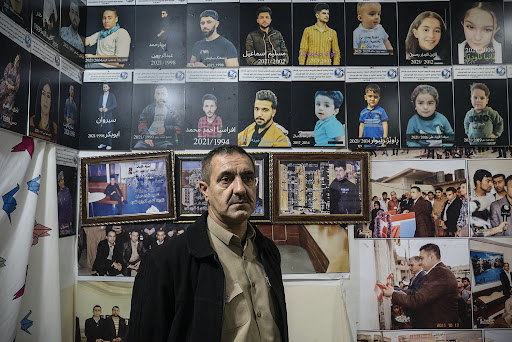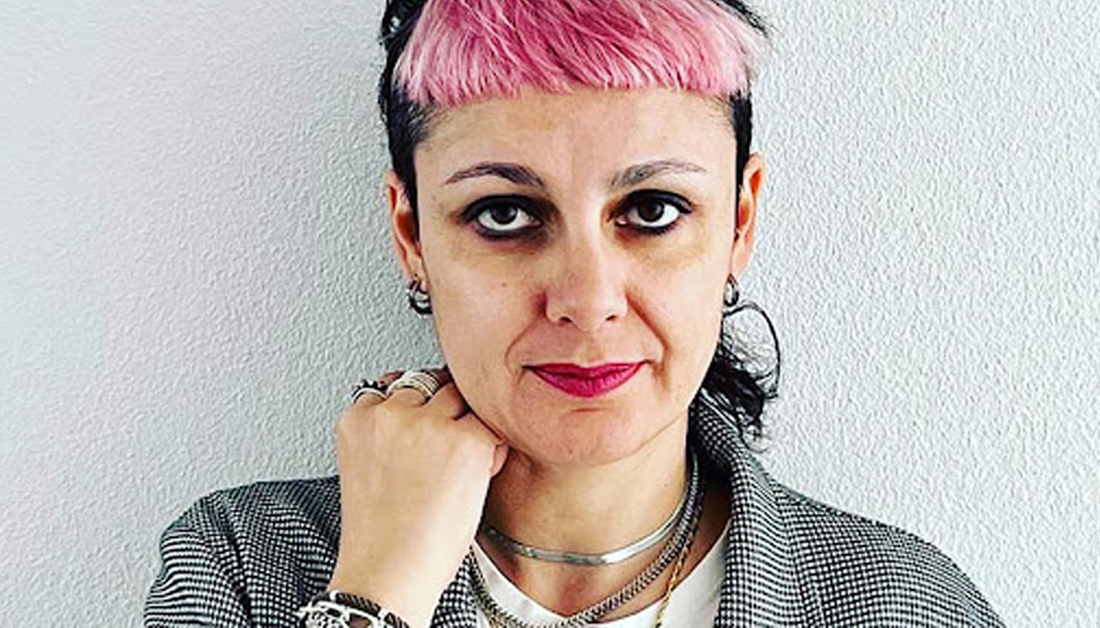By Christian Elia
A tightening of legal migration routes to Europe makes journeys increasingly dangerous for people fleeing conflict, persecution or poverty. It also guarantees rich profits for unscrupulous intermediaries who offer their services to those seeking refuge on the continent.
Media often report on smuggling networks, but few journalists have delved into how payments work and how money circulates in the underground migration economy. This was the focus of The Bankers of Irregular Migration, an investigation by a cross-border team of mostly freelance journalists supported by the IJ4EU fund.
The team focused in particular on the “hawala” informal financial system. The origin of this form of money transfer based on hand delivery and complex relationships of trust is very old, especially in the Middle East, but has never lost its relevance.
The journalists — Elena Ledda (project coordinator), Andrés Mourenza, Priyanka Shankar, Iliana Papangeli, Andrea Giambartolomei and Emma Yeomans — first met in 2022 while taking part in the European Collaborative Journalism Programme, a gathering of mid-career reporters organised by German foundation Alfred Toepfer Stiftung and Arena for Journalism in Europe, a partner in the IJ4EU fund.
“One of the goals of the programme was to allow people to find shared interests and start collaborations, and the six of us gathered around our shared interest in covering cross-border issues around migration,” Ledda told the International Press Institute in an interview.
“Our first lead … was a hawala transaction on some money sent from a refugee camp in Lesbos to the family of a refugee in the middle of the pandemic,” she added. “Then we amplified the focus and tried to look at how this millennia-old traditional money transfer system based on interpersonal trust was used in the payment of migration routes.
“We found several reports on how hawala was only one of several methods to pay for smugglers, but most reports we found were outdated. After some talks with experts, we started to see that in recent years, hawala was gaining importance due to the challenges along migration routes such as robberies and pushbacks, so we decided to look for grants to support an investigation tackling this issue.”
Undercover reporting
With help from IJ4EU’s Freelancer Support Scheme, the team conducted on-the-ground reporting in Iraq, Turkey, Greece, Italy, France, Spain and the United Kingdom. They also went undercover on Telegram, where alleged smugglers offer their services to people seeking safe haven in Europe.
The journalists spoke with more than 50 sources, including smugglers, hawala brokers and experts in the hawala system; people on the move; families of people who drowned in the English Channel; and security and judicial sources from various countries.
“In order to find out how the system was working, we decided to focus on one specific route crossing most of the countries we were based in — the one going from Iraqi Kurdistan to the UK (via Turkey and Greece or Italy and France),” Ledda said.
“We travelled to Iraqi Kurdistan and interviewed families of the victims of a Channel drowning (in November 2021) and local sources who explained how the system was working, plus a hawaladar and a middleman involved in this mediation with smugglers.
“At first, we wanted to focus on how hawala enabled crime, but, as often happens, when researching we found out this system’s role is not black and white, because it also works as an insurance mechanism for migrants, so we refocused the investigation toward a more explanatory one.
“Next, we went undercover to explore how smugglers and hawaladars worked. For weeks, we posed as migrants in groups where information is shared and smugglers try to get clients on Telegram.
“We also contacted some smugglers and with the info they provided, we could establish a link with a hawaladar in Istanbul working under the cover of a legal company.
“We also interviewed a former smuggler who explained the system’s financial aspects and its finance logistics. This is how we discovered these networks do operate underground, but usually do so under a legal cover, in a very flexible way, and through a wide coverage around Europe, connected to the Middle East usually via Instanbul.”
‘Understanding and empathy’
Such complex work called for careful project management.
“We had written agreements since the beginning — about decision making, money distribution, basically everything —and weekly meetings through most of the project,” Ledda said.
“We used Google Drive to share info and work on the content, with a centralised ‘master file’ to make finding info easier, and Signal for urgent things. We really shared info, sources and ideas, prepared most interviews together and we all participated in all the article writing and reviewing.
“The six of us met in person twice to brainstorm first and evaluate the work done after.”
As coordinator, Ledda found herself juggling several roles: project manager, editor, donor liaison. At times, it was overwhelming. There was also the challenge of keeping members of a remote, cross-border team on the same page.
“I think the hardest moments during projects normally have to do more with people’s personalities and lack of communication than with the work itself, and that was the case in our project,” she said.
“I am convinced that most of these problems can be more easily solved when people have the chance to know each other beyond work and to relate in a relaxed environment, so I think donors should take it really seriously to ensure that project budget is always allocated to in-person meetings, at least one or two per project.”
Ledda said she would consider the project a success if it helped people see the migration story in a new light.
“We hoped explaining how the hawala system applied to migration could be useful for those working with migrants and refugees and lead to a better understanding of and empathy for the trauma suffered by migrants on their journeys to Europe,” she said.

She recalled the dignity and strength of Mustafa Mina Nabi, an Iraqi Kurd who supported his 20-year-old son, Zanyar, when he dreamt of a better life beyond his hometown near Ranya in Iraq.
Along with two dozen others, Zanyar died while trying to cross the English Channel in November 2021. Since the tragedy, Mustafa has been fighting for justice, claiming the British and French authorities failed to provide help.
“We also hoped to generate more conversations — among think tanks and policymakers from the EU — about the money flows and how migrants can be protected from such unregulated financial systems.”
For more on this IJ4EU-supported investigation, see The Bankers of Irregular Migration.
Elena Ledda will moderate a workshop on the ethics and challenges of covering migration at the IJ4EU UNCOVERED Conference in Brussels on October 12, 2023.
